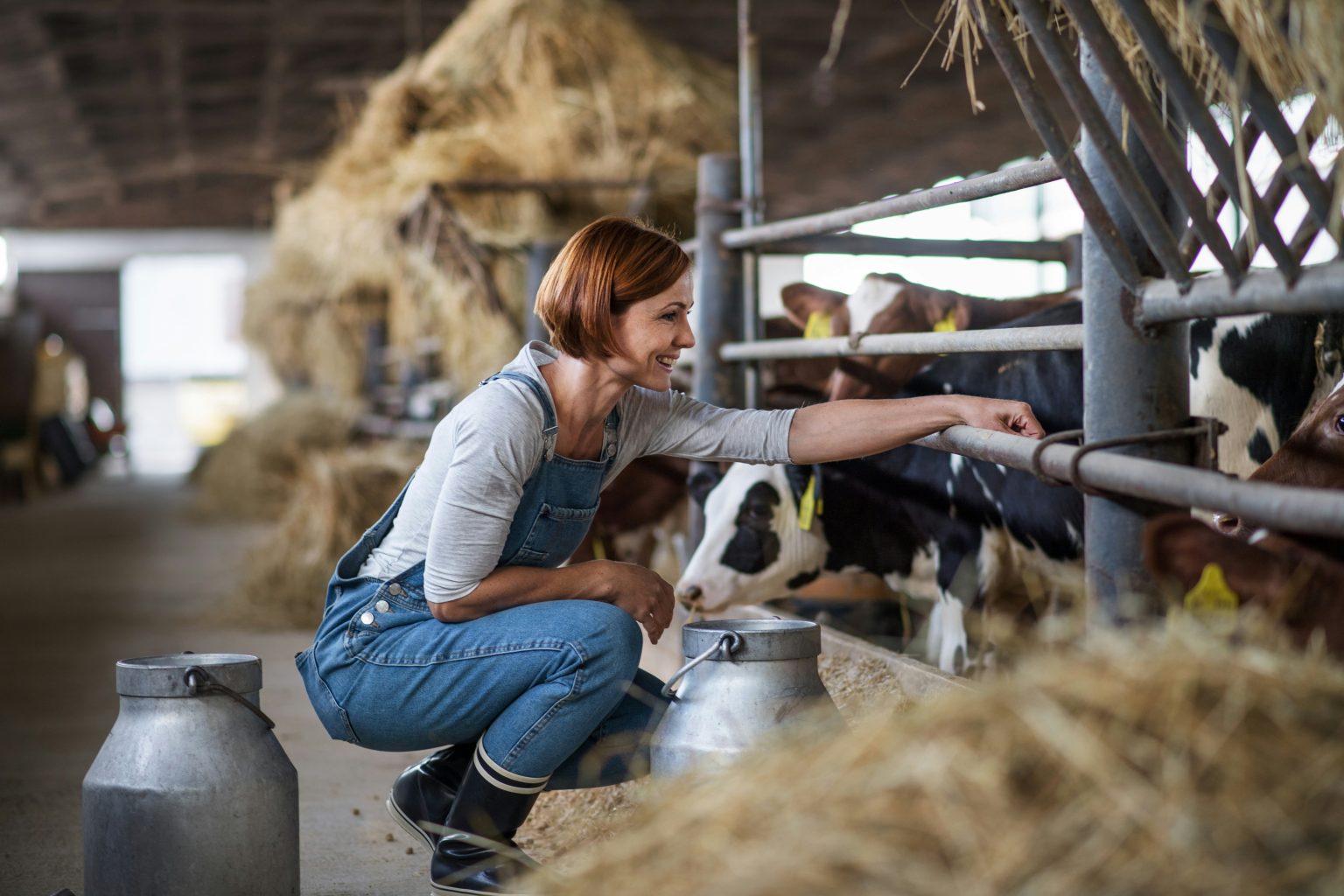As a livestock farmer, it’s your responsibility to ensure that all animals living on your farm are comfortable and healthy. You provide them with shelter, food, treatment if they are sick, and care. They reward you with milk, meat, or whatever else you get from them.
Comfortable animals are healthier, more productive, and less prone to stress, leading to better meat, milk, and wool production and higher reproductive success. Read along if you are a livestock farmer looking to learn how to make your animals comfortable.
Housing and Shelter
Before bringing your livestock home, think about is housing. Where will the animals live? Animals need shelter to protect them from predators and the elements. However, when building the shelter, there are several things you need to keep in mind.
Space Requirements
Animals, too, love their space. Overcrowding can lead to stress, aggression, and an increased risk of injury and disease. When building a barn, consider how many animals will use it. Keep in mind that different species have varying space requirements.
For instance, dairy cows need about 6.5 square meters per animal, while beef cattle need about 4.5 square meters. Sheep and goats will need about 1.5 to 2 square meters per adult, and pigs will need 1 square meter per pig.
Ventilation
Livestock barns should have sufficient ventilation, like a barn exhaust fan, to maintain good air quality. Poor barn ventilation can lead to a buildup of ammonia, dust, and other harmful gases, which can cause respiratory problems.
Bedding
Bedding insulation against cold floors absorbs moisture and offers comfort. However, it must be cleaned and replaced regularly to prevent waste and bacteria buildup.
Balanced Diet
All animals need a well-balanced diet for comfort and overall health. However, different species require different diets to meet their specific nutritional needs. For instance, cattle require a diet rich in fibre, protein, and energy.
Dairy cows need high-quality forages like silage and hay and a balanced grain mix. Sheep and goats thrive on high-quality pasture supplemented with grains and minerals.
Fresh Water
Like humans, animals need water to survive. They should have constant access to clean, fresh water to drink it whenever needed. Animal water needs vary depending on size, species, and weather.
They will drink more water in summer than in winter. For instance, a dairy cow can drink up to 100 litres of water daily. In contrast, goats and sheep require 4-10 litres daily, depending on their size and lactation status.
Gentle Handling
Animals, too, need love and respect. How you treat or handle them affects their comfort and stress levels. Rough or inconsistent handling can lead to fear and anxiety, reducing productivity and increasing injury risk.
Move slowly around livestock and avoid sudden movements that can startle them. If you must restrain an animal, use appropriate restraint methods that are safe and minimize stress.
Social Interaction
Livestock are social creatures. Proper socialization will significantly enhance their comfort. Allow them to engage in natural behaviours, such as grooming and play. Ensure enough space to prevent competition over resources like food and water. However, look for signs of aggression, especially after introducing new animals.
Temperature Control
Livestock also require the appropriate temperature to be comfortable. If temperatures are not adequately controlled, they can suffer from heat or cold stress. Provide shade, fans, and misting systems to keep animals cool during the hot season.
Ensure adequate ventilation and access to cool, fresh water. During cold weather, provide extra bedding, windbreaks, and barn insulation. If you have young or vulnerable animals, you may also need supplemental heating.
Lighting
Lighting affects livestock’s physical and psychological well-being. Proper lighting can stimulate productivity, especially in poultry, where light influences egg production. Whenever possible, use natural light to create a comfortable environment. However, you will need artificial lights to extend daylight during winter, particularly for poultry and dairy cattle.
Cleanliness and Hygiene
The barn, feeding area, and water systems should be regularly cleaned and disinfected to minimize illness risk.
Health Monitoring and Veterinary Care
Livestock also need regular health monitoring and veterinary care. When health issues are detected early, you can intervene to reduce the risk of severe illness or discomfort. Do regular health checks and look for the following signs:
- Lameness: Check for limping or difficulty moving.
- Appetite: Monitor food and water intake to detect changes.
- Behaviour: Changes in behaviour, such as isolation or aggression, can indicate health problems.
- Physical Condition: Regularly assess body condition and coat quality.
Ensure livestock receive veterinary care whenever sick and remember vaccinations and pest control.
Prioritizing livestock comfort is an ethical obligation and a sound business strategy. When livestock are happy and comfortable, they improve productivity and produce better-quality products, which means more money for you.


